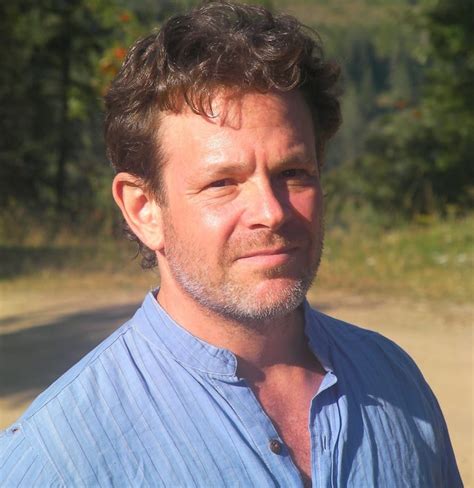A Quote by David Bornstein
The prosperity of the second half of the twentieth century was both a cause and an effect of social and scientific breakthroughs that have redefined human life. The biggest change is simply that people live longer and have far more freedom to think about things other than staying alive.
Related Quotes
The different American experience of the 20th Century is crucial because the lesson of the century for Europe, which essentially is that the human condition is tragic, led it to have a build a welfare system and a set of laws and social arrangements that are more prophylactic than idealistic. It's not about building perfect futures; it's about preventing terrible pasts. I think that is something that Europeans in the second half of the 20th century knew in their bones and Americans never did, and it's one of the big differences between the two Western cultures.
Even a good marriage leaves people with longings for certain things their marriage will never be. So, do they accept that, make compromises, and say, "You can't have everything in life," which is what we always did? Or do they say, "I deserve more. I want to experience that thing and, you know, I have fifty more years to live than I used to." It's not necessarily that we have more desires today, but we do feel more entitled to pursue them. We live in this "right to happiness" culture, and yes, we do live half a century longer than we used to.
Film is more than the twentieth-century art. It's another part of the twentieth-century mind. It's the world seen from inside. We've come to a certain point in the history of film. If a thing can be filmed, the film is implied in the thing itself. This is where we are. The twentieth century is on film. You have to ask yourself if there's anything about us more important than the fact that we're constantly on film, constantly watching ourselves.
One of the major changes in attitude that occurred in the world of art as we moved from the nineteenth into the twentieth century was that the twentieth century artist became more involved with personal expression than with celebrating exclusively the values of the society or the church. Along with this change came a broader acceptance of the belief that the artist can invent a reality that is more meaningful than the one that is literally given to the eye. I subscribe enthusiastically to this.
The greatest achievements in the science of this [twentieth] century are themselves the sources of more puzzlement than human beings have ever experienced. Indeed, it is likely that the twentieth century will be looked back at as the time when science provided the first close glimpse of the profundity of human ignorance. We have not reached solutions; we have only begun to discover how to ask questions.
Be grateful simply for being alive. When you are grateful for life, pure and simple, your life becomes one you can be grateful for. That may strike you as circular or even backward logic, but your attitude really does have an effect on how things work out. When you can't change your life any other way, you can still change your attitude. When you do, your life changes. You find more chances to love, and you will be surprised to see how much more love is returned to you.
The recently ended twentieth century was characterized by a level of human rights violations unparalleled in all of human history. In his book Death by Government, Rudolph Rummel estimates some 170 million government-caused deaths in the twentieth century. The historical evidence appears to indicate that, rather than protecting life, liberty, and the pursuit of happiness of their citizens, governments must be considered the greatest threat to human security.
My idea in Half the Kingdom was simply, or not so simply perhaps, that medical science has given us twenty extra years of life. Those twenty extra years - one is grateful for them, one is happy, but they also give you ten or twenty years more of losing your faculties. That is actually the origin of my notion. Once you live longer than you're supposed to live, things go dreadfully wrong. But nevertheless, you're not dead.

































